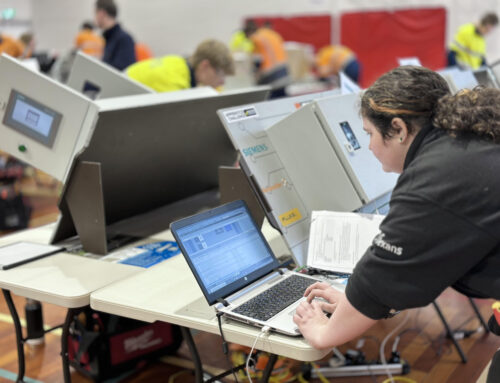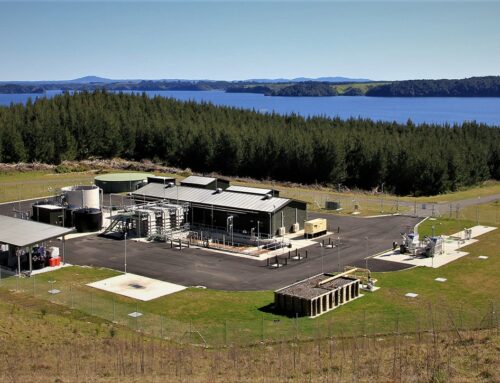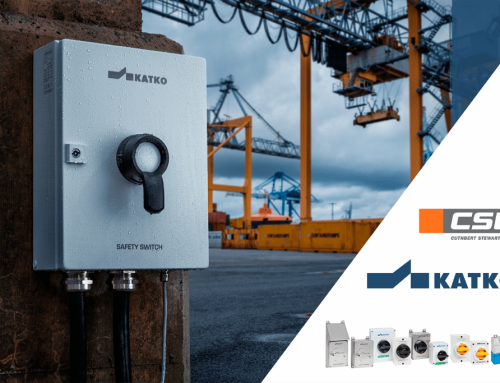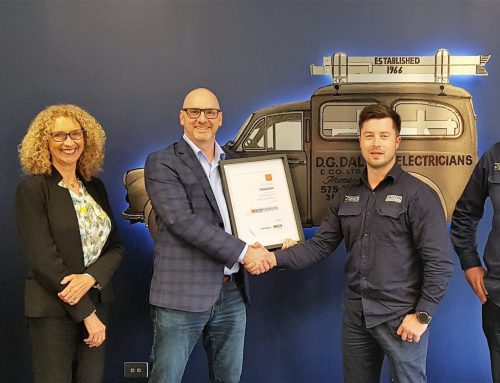Australia and the world is currently facing one of the toughest economic climates ever. For a country that wasn’t impacted as severely by the Global Financial Crisis, COVID-19 is our biggest challenge yet.
Two big focus areas for businesses have been re-inventing the supply chain and digital transformation. At no point has our access to goods and services been reviewed as

Industrial technology concept.
much as it is now. And at no other time have we relied on digital technology as much as now. From web conferences and meetings to remote work and digital management of workflows, digital technology is front and centre for every organisation. While it would be safer to place broader and deeper digital transformation strategies on the backburner until the economy is more stable, following through with innovative ideas could be what gets many companies through these tough times and prepared for other future uncertainties.
But what should manufacturers change and to what degree? A Siemens paper titled ‘The Race to a Digital Future’ that surveyed and evaluated US manufacturers’ digital capabilities across a few core dimensions states that manufacturers fell into two camps of adoption: the ‘Efficiency Experts’ and the ‘Revenue Re-inventors’. Both groups use digital technologies to improve productivity and efficiency, but the latter is leading the way in exploring how digital transformation can be progressed even further — to transform business models and unlock new markets.
Firms in the Revenue Re-inventors group are more likely than Efficiency Experts to say that their financial performance is ahead of their peers. In particular, Revenue Re-inventors are more likely to create new revenue streams from the provision of digital services — as Rolls-Royce has done through its Engine Health Management service, which uses onboard sensors and live satellite feeds to track the health of thousands of aircraft engines operating worldwide.
I often hear that innovation takes time, and I agree that it does. But I also have found that innovation can take much longer than it needs to. What are the factors that slow down innovation? We live in a world where computing capabilities such as Cloud and Edge make computational tasks faster and more flexible than ever.
We have software solutions to help streamline data across an organisation — from product design and recipe formulation all the way through to full-scale production and batch records of workflows. So the inertia in implementing digital transformation is not a technological issue. It is humans that slow down innovation and digital transformation. It is the tendency to conform to the ‘normal’ way of doing things.
Which is why the best time to revaluate digital transformation is during these uncertain times — when our ‘normal’ has been turned upside down.
While organisations have so far taken incremental steps towards digital transformation, now is the time to look at unlocking the full potential of the technologies available to us and push the boundaries so there can be more examples of Revenue Re-inventors in the Australian manufacturing sector.
This step needn’t be giant. Small scalable solutions could work just as well. Digital transformation is a scalable exercise that is accessible to companies of all sizes and budgets. Companies just need to move from being risk averse, to being risk aware.
Even though you want to start relatively small, it’s still important to build a coalition to support the initiative. Change management succeeds by having supporters from various levels within your organisation — so think non-linear. Such a coalition can help craft, evaluate and communicate digital transformation initiatives and will aid leading by example.
If unsure of where to go to build your coalition, remember that this can include engaging with vendors, machine suppliers, integrators and even your own customers to drive the momentum forward. For example, at Siemens Digital Enterprise we are working together with manufacturers to provide consulting services that map out the digital transformation journey that is right for their situation and can be implemented in such a way that risk is constrained, but unlimited success is possible.
Siemens Ltd
By Leonie Wong, Siemens Australia and New Zealand
Thursday, 16 April, 2020
Leonie Wong is Head of Siemens Digital Enterprise. She facilitates ideation and co-creation workshops with her clients to define strategies for implementing digital transformation in new and existing facilities. She has a diverse client base encompassing food and beverage, manufacturing, chemical, water and wastewater markets.





